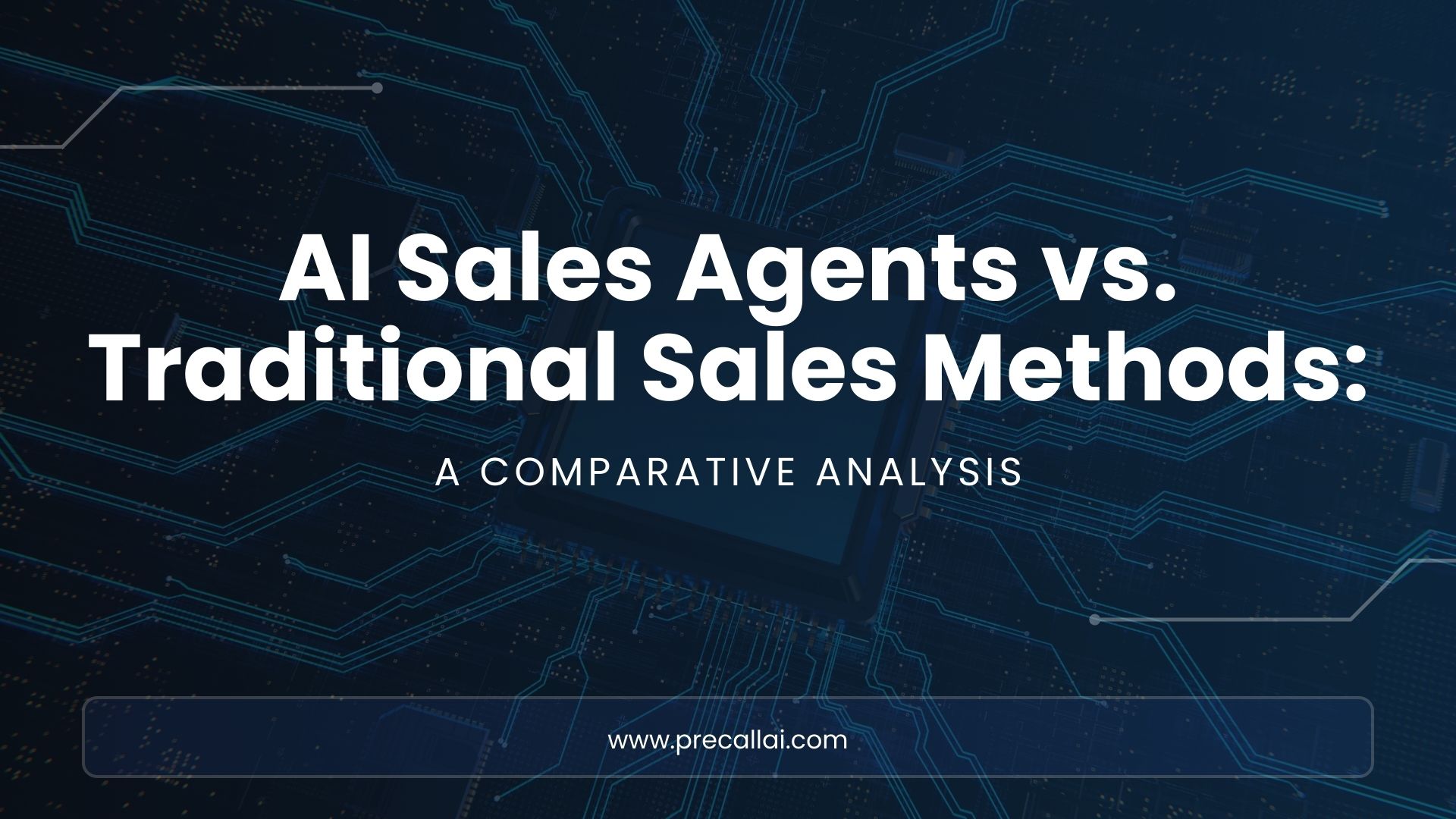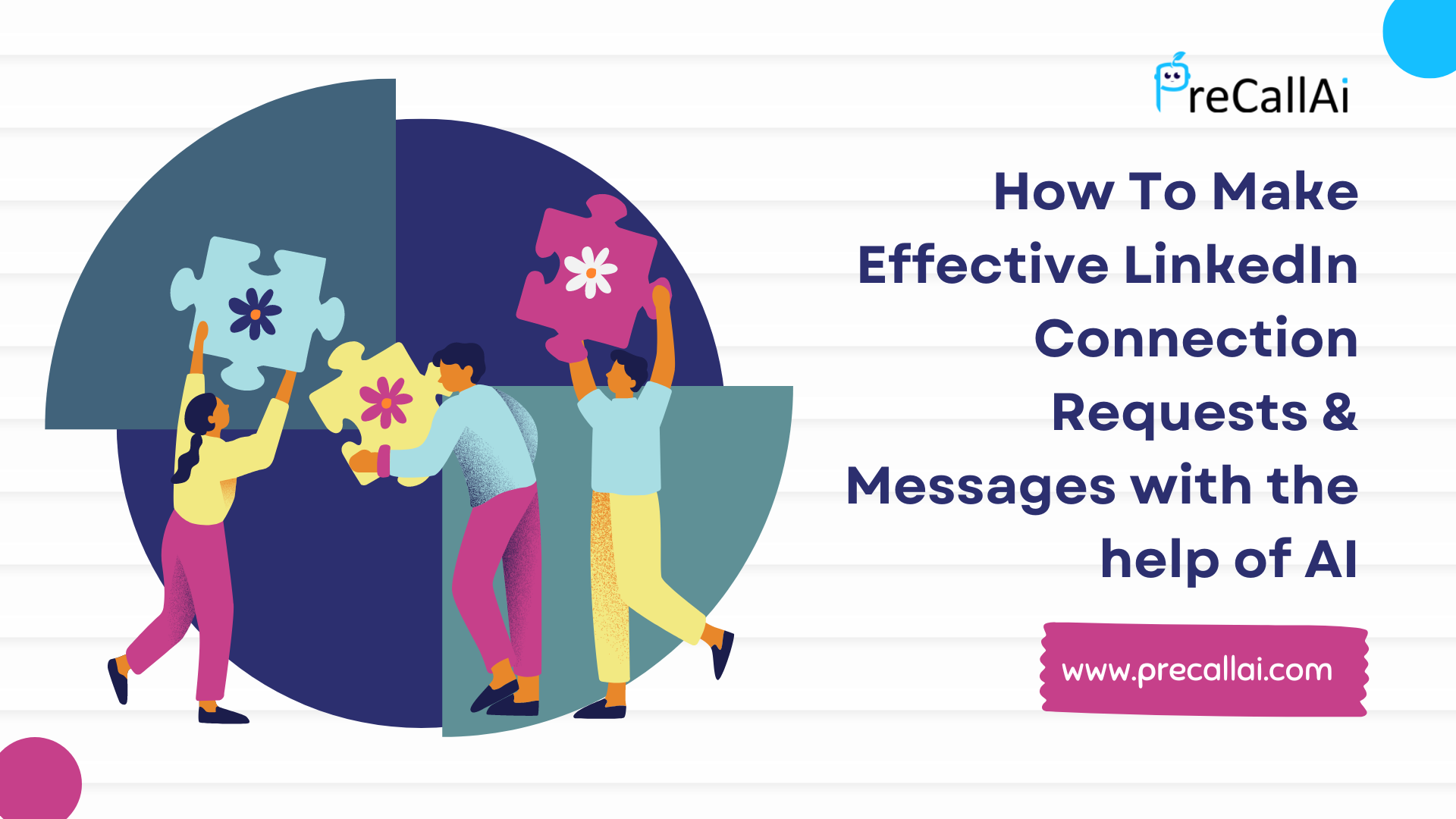The sales overview has experienced an impressive transformation, with artificial intelligence (AI)–powered sales agents emerging as a logical alternative to traditional sales methods. As businesses look to optimise their sales strategies, it is difficult to examine the comparative advantages and disadvantages of AI sales agents and traditional sales approaches.
Here we will explore the sales Comparative Analysis.
Data-driven Insights:
AI sales agents can use huge amounts of customer information, including browsing history, call recording, demographics, and preferences, to maintain a clear and equal understanding of each customer.
Traditional sales methods rely more on the knowledge and experience of individual sales representatives, which can be narrow and conflicting across the team. Sometimes it will be unclear because of human misunderstanding.
Predictive Analytics:
AI-powered sales agents can use predictive analytics to anticipate customer needs, interests, and challenging issues allowing them to proactively offer personalised solutions.
This level of predictive intelligence is difficult to achieve with traditional sales approaches, which usually rely on reactive, one-size-fits-all strategies and sometimes it depends on human behaviour or mutual understanding.
Adaptive Interaction:
AI sales agents can dynamically adjust their communication style, tone, and messaging based on real-time feedback and interactions with the customer. It does not have mood swings issues that are creative and some conflict in interaction.
Traditional sales methods may struggle to maintain the same level of adaptability, as human sales representatives have limited cognitive capacity to process and respond to numerous customer interactions simultaneously.
Continuous Learning:
AI sales agents can continuously learn from each customer interaction, refining their personalization capabilities over time to provide an increasingly customised experience.
Traditional sales methods cannot often systematically capture and apply learnings from individual sales interactions to improve future engagements.
Scalability and Consistency:
AI sales agents can deliver a consistent and personalised experience at scale, ensuring that every customer interaction is adjusted to their unique needs.
Traditional sales teams may struggle to maintain the same level of personalisation across a large customer base, as individual sales agents may have differences.
capabilities and approaches:
By using data, predictive analytics, adaptive interaction, and continuous learning, AI sales agents can optimise the personalisation of customer interactions in ways that
traditional sales methods are challenging to match. This level of personalisation can lead to improved customer satisfaction, increased sales, and stronger brand loyalty.
Conclusion:

So, both AI sales and Traditional sales methods are well at their place but when we established comparative analysis, AI sales give the most advantage that has a good response in comparison to Traditional sales. Here we want to suggest a PrecallAI which establishes unlimited automated AI calls at a time. That is more useful for completing calling tasks and getting a proper response so that we can get to know about the productive and useless leads.






[…] Lead EngagementBefore adopting PrecallAI, the business struggled with inefficient lead engagement. Traditional methods of outreach were time-consuming and often resulted in low conversion rates. By automating initial […]